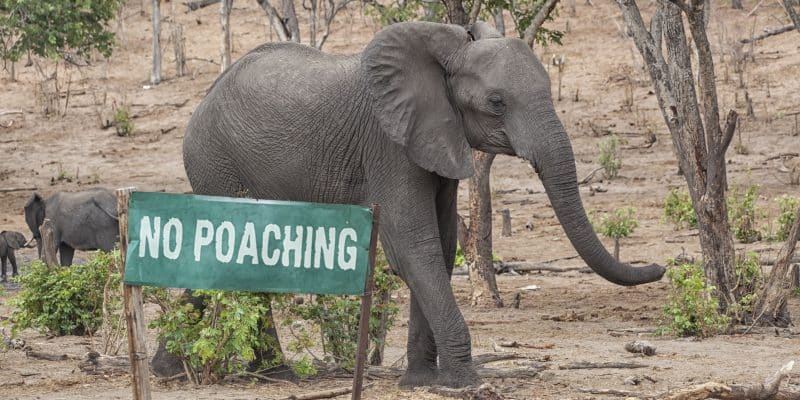At least five elephants were shot and stripped of their tusks in early April 2023 in southern Chad. Shocked by this wildlife crime, the organisation SOS Elephants of Chad is calling on the government to act firmly against the resurgence of poaching of Chad's endangered elephants.
The Chadian law enforcement and security forces are continuing to investigate the elephant carnage that occurred in early April 2023 in Beinamar in southern Chad. At least five pachyderms were shot dead on the spot. Their tusks were torn off and their heads cut off.
Initial investigations point an accusing finger at the armed horsemen. These poachers usually leave from neighbouring Sudan on the backs of horses in search of ivory tips in Chad’s natural parks. “Between 2009 and 2011, more than 200 elephants were killed in the provinces of Chari Baguirmi and Mayo Kebbi East, close to Beinamar and bordering Cameroon,” explains Ahmat Assane, the secretary general of SOS Elephants, an organisation that works to protect elephants in Chad.
Firm measures against poaching
In a statement issued following the elephant massacre in Beinamar, SOS Elephants expressed fears of a sudden return of elephant poaching in Chad. “Poaching had been declining for about 10 years, when the late Chadian President Idriss Déby took very strict measures to protect the last elephants in Chad from 2008. This was after armed horsemen from Sudan massacred more than 90 percent of the elephants in Zakouma National Park in just a few months,” the elephant organisation said.
Read also-TANZANIA: elephant population recovers
The situation has worsened in recent years and elephants are on the verge of extinction in Chad. There are less than 1,500 elephants left today, whereas 30 years ago there were several tens of thousands, the Chadian media underlines, specifying that elephants reside in protected areas, but also outside these areas where they are very vulnerable to poaching. In its press release, SOS Elephants calls on the authorities to take firm measures to prevent a resumption of these practices.
Boris Ngounou







